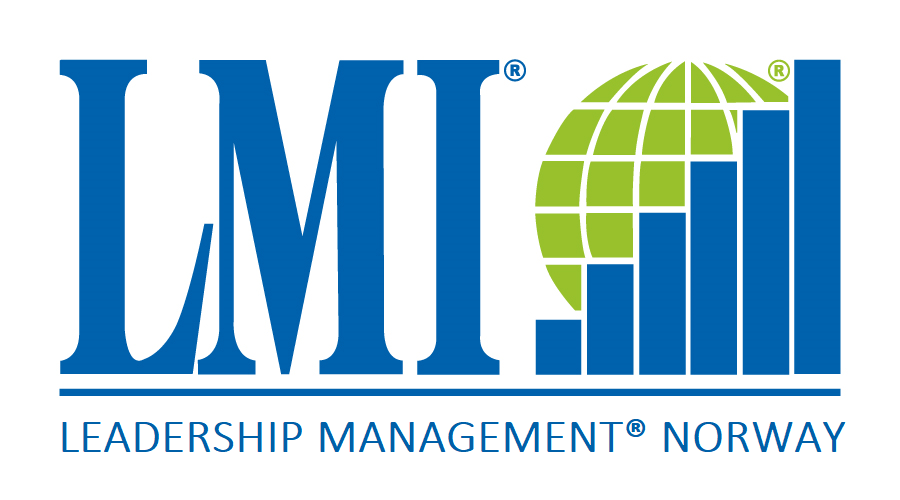
Who stole my day?
Having worked solidly since 8:15am, with only a short break to grab some lunch, I’m left feeling mentally exhausted by 4:45pm.
Although I’ve been super busy throughout the day, I’m not getting a sense of accomplishment that’s usually associated with being productive and completing tasks.
When I revisit my To-Do List at the end of the day, it seems the biggest and most important jobs are left untouched, adding to my frustration as I ask myself “how did this happen, again?”
This morning, I’d made plans to finish work at 5 o’clock, giving myself enough time to go cycling with my daughter and drop a birthday gift round to a friend, before coming home and cooking a fresh meal for the family.
Instead, it’ll be another hour spent in the office before I can close the laptop lid and unwind for the day, eating re-heated dinner on my own long after the rest of the family have finished theirs together.
A common problem
Unfortunately, this scenario will sound all too familiar for a lot of readers.
All day, you’ve been working hard, responding to emails, answering phone calls and faithfully attending Zoom or Teams meetings. It’s got to the point where the best way to describe your daily work is ‘plate spinning’, ensuring the wheels of your business always continue turning.
There’s an overwhelming sense of frustration at not getting the most pressing jobs finished or finding the time to come up with new business-enhancing ideas. Unfortunately, long-running issues and important meetings will have to be sacrificed, as your days are dictated by other time-consuming tasks.
This problem is a lot more common than you think. When we describe this kind of scenario in live LMI workshops, many leaders and managers can relate. The ‘who stole my day?’ feeling is prevalent across the board, regardless of the industry or level of responsibility, and solving the issue doesn’t involve a simple quick fix like some new team collaboration software or writing smarter to-do lists.
This behaviour stems from years of conditioning, underpinned by certain attitudes, that leave so many floundering in the mire of urgent demands and counterproductive behaviours that need to be fundamentally reworked. A root and branch review of personal and corporate productivity will allow new attitudes and behaviours to develop, delivering a far-reaching and positive long-term impact.
New working culture
Businesses that constantly operate in crisis-mode, with a firefighting culture, often end up competing to finish urgent tasks, rather than cooperating to maximise collective success. In these environments, departments become competitors and colleagues become adversaries.
By adopting a culture of collaboration, employees can overcome short-term discomfort to establish a new set of working norms that benefit everyone.
Research into average working hours, happiness levels and workplace productivity should inspire businesses to approach the working day differently, as there are countries, notably Norway, that work fewer hours, experience greater happiness and are more productive.
The same research suggests a similar working model is achievable in the UK, if businesses commit to different ways of working that are not based on the urgent and perpetual crisis mode.
That doesn’t mean you have to switch to a six-hour working day or a four-day working week if you don’t want to. However, it’s worth noting that businesses trialling similar schedules have reported uplifts in overall productivity, not to mention employee satisfaction.
Ultimately, you need to take better control of what you do with your working time, especially given the current Covid-induced recession, as it could make the difference towards your organisation’s long-term survival, as well as your own mental health and wellbeing.
So, with that in mind, the critical question shouldn’t be ‘who stole my day?’, so much as ‘what are you going to do about it?’.
